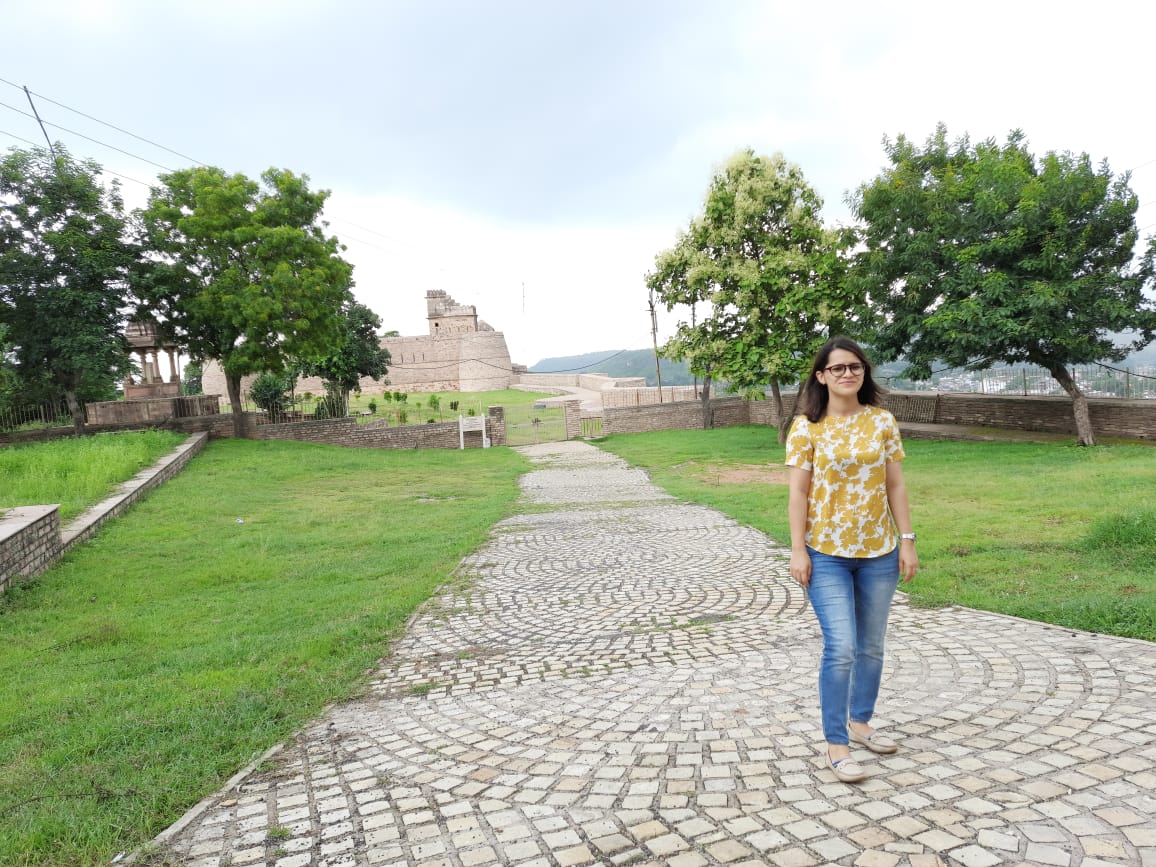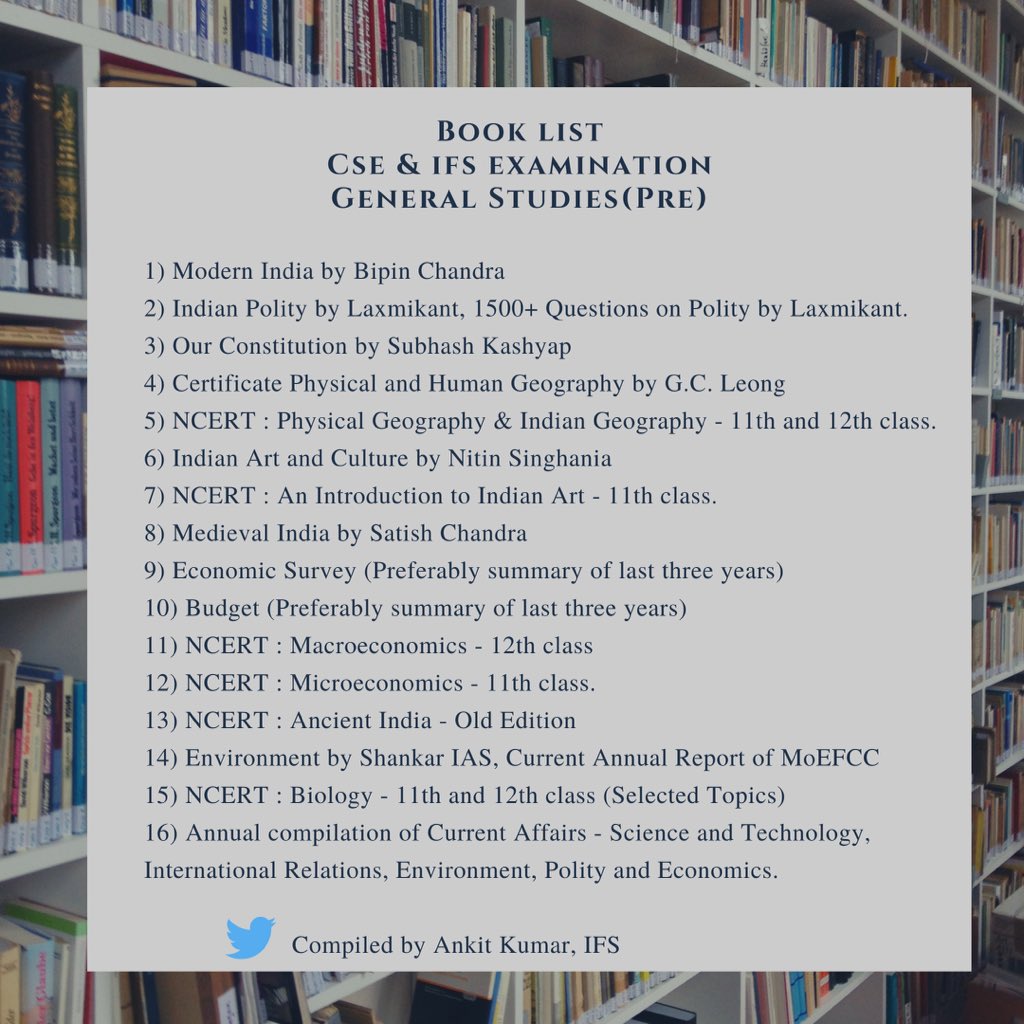If you are a Union Public Service Commission (UPSC) aspirant then you would know how important it is to find the right optional paper for the Civil Service Examination (CSE).
As one of the toughest competitive examinations in India, CSE requires aspirants to extensively prepare for a variety of topics, especially in the general studies papers. Given its enormous syllabus, choosing a suitable optional subject can provide a sense of stability and confidence, making this decision extremely crucial for the aspirants.
To help aspirants be better prepared, Indian Administrative Service (IAS) officer Kajal Jawla (AIR- 28) and Indian Forest Service (IFS) officer Ankit Kumar (AIR-31).
Picking the Right Optional
“One of the things to note while choosing your optional paper is familiarity with the subject. Ideally, pick a subject that you might have studied during your graduation,” says Ankit.
Picking a subject that has the resource material easily accessible is also an important point to note. Additionally, an interest in the subject will help the aspirant maintain consistency and prepare with a better focus.
“Good knowledge of the optional subject is required up till the interview stage, so ensure that you focus on picking a suitable optional,” he adds.
Kajal encourages aspirants to spend time browsing through the previous years’ question papers before selecting the optional paper.

She says, “When one spends enough time analysing the previous years’ question papers a pattern begins to emerge. I found that for my optional paper [Zoology], every alternate year there were topics that were repeated. By deciding to focus and improve my grasp on these topics, I allowed myself some leverage of giving less attention to other topics.”
How to Pick the Optional Most Suited to You
- To begin with, try and access National Council of Educational Research and Training (NCERT) books for the subject that you are planning to take up as an optional. Read through at least the first few chapters to assess whether or not you have any interest in the subject.
- Further, you can analyse what type of questions are being asked such as does it require a lot of articulation of thought or is it more theoretical with straightforward questions?
- Choose an optional subject based on your strengths alone.
Make a Personalised Study Schedule
While this varies from person-to-person, both Ankit and Kajal stress the importance of drawing up a schedule that works best for the aspirant.
Kajal, who was preparing for the CSE while working full-time says, “Every day, I would have to travel from Delhi to Gurgaon for work. But even then, I always made sure to chalk out the syllabus I wanted to complete in any given week. This helped me plan my days better, and at the end of the week, it left me with a sense of accomplishment as well.”
“Carving out close to 8 hours each day for dedicated preparation is important,” adds Ankit. He continues, “Identify a time in the day that works best for you. For instance, if you are working during the day, ensure that you get a couple of hours of study-time every morning before heading to work.”
Optimal time utilisation is crucial and the experts advise working professionals to make the best use of the commute time and lunch hours to study.
Smart Study, Making Notes and Resources
“Do not jump into making notes from newspapers. Spend some time understanding what is important from the exam point-of-view and what topics ought to be covered,” says Ankit. He adds that referring to previous years’ UPSC question papers will further help aspirants make an informed decision.

In case aspirants choose to study only a part of the syllabus, Kajal stresses on the importance of revision as a key to success. “Even if you have been able to complete only 60 per cent of the portion, ensure that you revise that part thoroughly and score as much as possible with that portion itself,” says Kajal. In addition to the revision, keep working on mock tests. Analyse the results in the mock tests and work on your weak areas accordingly.
Kajal also recommends the use of a resource book called Ghatna Chakra, wherein aspirants can access the question papers from the last 20 years. These are divided according to various subjects and gives aspirants a great overview of what to expect.
“I used this resource for History, Polity and Geography. Along with the questions, the resource also provides an answer key and an explanation to each answer. This helped in both objective-type questions and also in strengthening my hold on the topics,” she says.
(Edited by Ananya Barua)
No comments:
Post a Comment